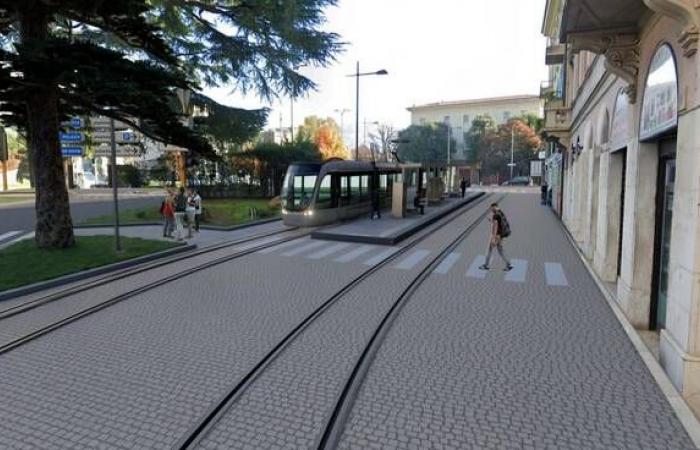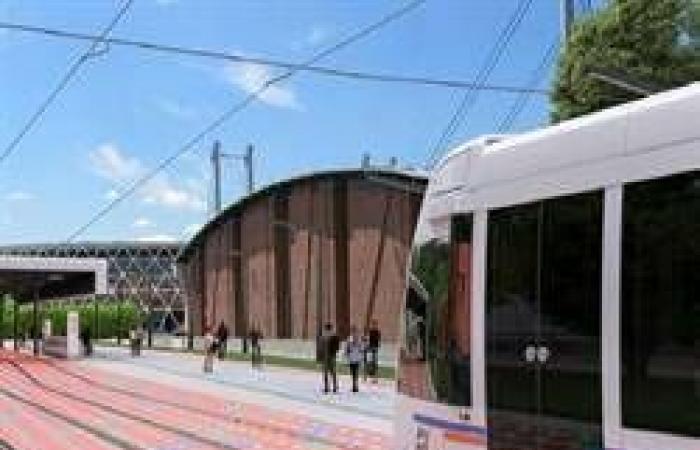Brescia. With the minute of silence in memory of Tina Leonzi, founder of Moica – Italian Housewives Movement, who recently passed away, the Brescia City Council began on Monday 24 June.
The Tram was the central theme of the session, but after about 30 minutes from the beginning the meeting, which began at 9, was interrupted by protests by a delegation from Non Una di Meno who, shouting “The body is mine, I alone decide” contested the councilor Giovanni Viviani for the question in which the center-right minority asks what aid is provided to avoid voluntary interruptions of pregnancy caused by economic difficulties.
After an interruption of a few minutes, the session resumed with a long exposition by the deputy mayor and councilor for Mobility Federico Manzoni of the steps that led to the creation of the definitive project T2 Pendolina line – Tram Fair, starting from the results of the light metro (40% growth in passengers from 2012 to 2019, the increased capacity of parking lots, the tariff integration of the Tpl), with the aim of improving public mobility.
Manzoni highlighted that the project is 99% financed by state funds for 359.5 million euros to which another 63.1 million euros have been added, while Palazzo Loggia has allocated 3.7 million euros, for a total of 426.3 million euros, “the largest public funding allocated for an intervention of this nature”.
The resolution is made up of 4 annexes: “B” is the actual body of the intervention updated to the services conference, while in Annex A you will find the observations received (80) and the counterarguments. The deputy mayor underlined that observation 78 was accepted and included in the resolution for the changes to the route. Palazzo Loggia’s intention is to participate in the ministerial notice of the Fund for mass public transport, for the construction of the T3 Violino-Centro-Sant’Eufemia line.
Manzoni also rejected the criticism of those who, from the opposition, defined the tram as an “obsolete” means of transport and which involves the important intervention on underground services, which, in Brescia, will involve the moving of district heating to the areas affected by the intervention. The cost to move the underground services will amount to 34 million euros.
«The European trend – said the Mobility Councilor – demonstrates that the return of the tram is not a failure and that today there is a widespread tram network in Italy, while large cities such as Florence, Bologna and Padua are building new tram routes, from from which the benefits will derive are not road traffic, but also socio-economic ones for the citizens”.







